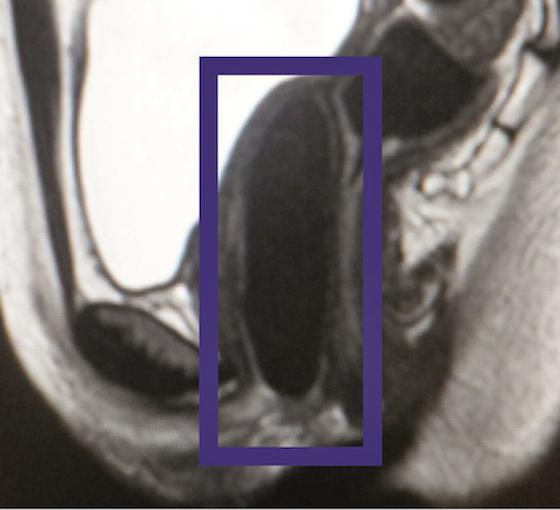A study published today in The Lancet, a medical journal, documents the successful implantation of incubator-grown vaginas in four women at a hospital in Mexico City between 2005 and 2008. The Verge has the layperson’s interpretation:
The women, who were between 13 and 18 at the time of the surgery, were all born with a rare genetic condition called Mayer-Rokitansky-Kuster-Hauser syndrome (MRKH) — a condition that causes about one in 4,500 girls to be born with either an underdeveloped or absent vagina and uterus. The traditional treatment for women with MRKH involves reconstructive surgery or painful dilation procedures. These interventions can be quite traumatic — they have a complication rate of 75 percent in pediatric patients — so researchers wanted to find a way to avoid them altogether.
Cells were taken from the patients themselves, grown into tissue, and attached to a “biodegradable scaffold” which was later sutured to the patients’ “already existing reproductive structures.” Follow-up tests—the first patient is now going on nine years since the procedure—have found that the women report normal ranges of sexual function and satisfaction. Two of the four patients have a functional uterus, and the doctor who led the research says “there is no reason to suspect they cannot” have children.
This post has been updated.
